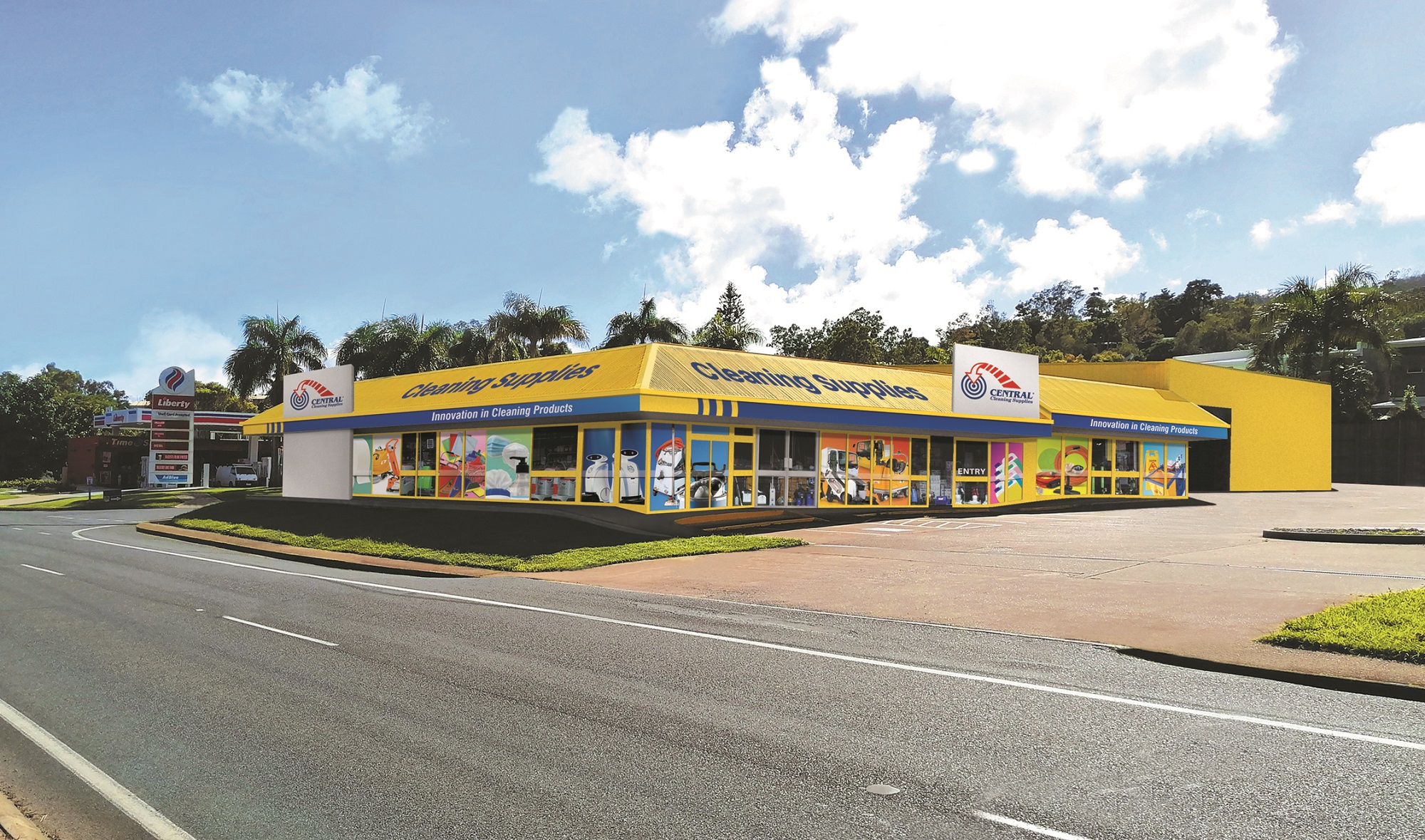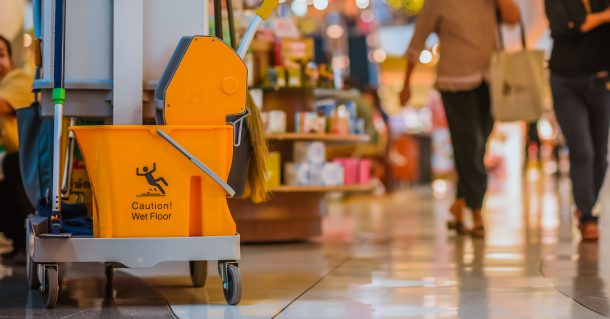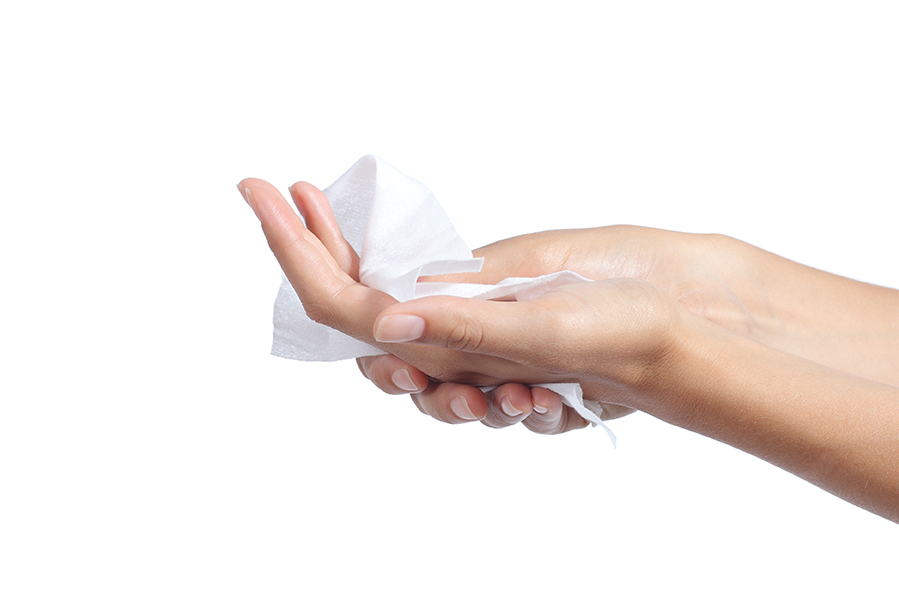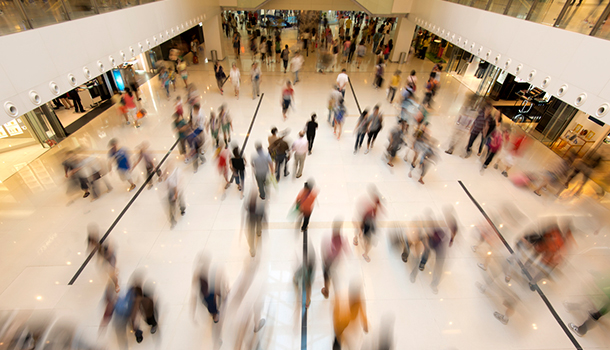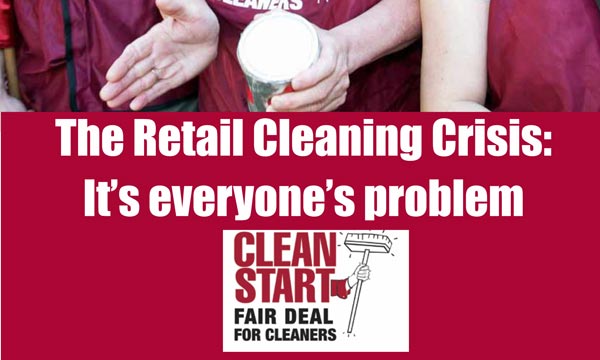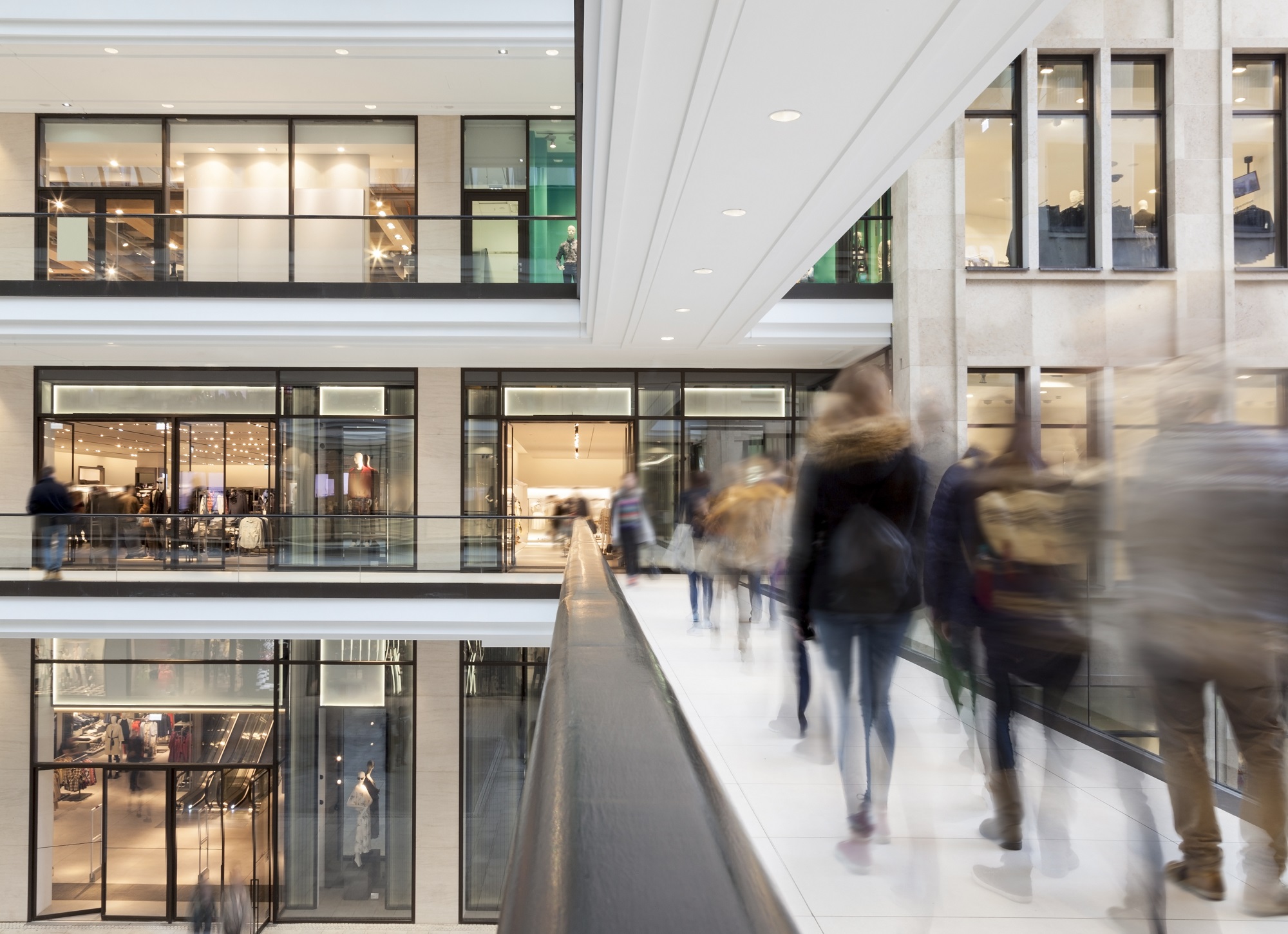
In the face of shutdowns in many areas of the retail market, cleaning companies and suppliers are responding with greater product innovation and outstanding efforts from its workers on the front line.
Lorenzo Tadeo thinks he and his team at Freudenberg Home and Cleaning Solutions have been “very lucky” during COVID-19 – a period when many businesses have struggled or gone to the wall.
“We’ve never lost an hour of a job since the pandemic started,” says Tadeo, the marketing director in the professional division of Freudenberg, whose brands include Oates, Vileda Professional and Research Products.
Of course, it has not all been smooth sailing for Freudenberg. Sectors such as hospitality, education and construction, which have been subject to repeated pandemic-related shutdowns, have generated less demand for cleaning services and products.
However, other areas such as healthcare have boomed, and even the hard-hit retail space has had pockets of strength.
“In the retail sector, grocery stores are open and serving people,” Tadeo says. “People are trying to find a reason to go out.”
The upshot is that overall demand for Freudenberg’s branded cleaning systems and products, including premium microfibre wipes, has been strong and growing.
Tadeo is confident the group’s specialised solutions for supermarkets, shopping malls and other sites will also hold it in good stead as society moves into a post-COVID world.
“There’s certainly been a significant increase in demand for chemicals and other products.”
Responding to market needs
Facilities management services company OCS is one of many operations that have had to respond quickly to changes in the retail market.
OCS services six major retail centres across NSW, Victoria, and Western Australia, along with a 700-plus site retail chain across Queensland, NSW, and the ACT.
“There’s been a shift towards deep cleans and high touch-point cleaning,” says Gareth Marriott, OCS’s Managing Director Australia and New Zealand.
“Pre-COVID, we provided general cleaning services, ensuring every part of these large retail centres were thoroughly cleaned on a rotation basis. In March 2020, the world changed. We immediately saw an increased requirement for regular high touch-point cleaning – sometimes as often as hourly. And it became a more visible operation in order to increase the public’s peace of mind.”
Marriott says such an approach has become standard practice, with all OCS cleaners having disinfectants approved by the Therapeutic Goods Administration on their trolleys, along with disposable disinfectant cloths and added PPE.
“That’s true now for all of our customers,” Marriott says. “It’s across every site, whether that’s commercial, industrial, or manufacturing. That’s the new norm.”
Marriott says working across different local government areas has created headaches.
“It’s not as simple as setting one set of rules and guidelines – it will depend on each location of the retail setting. You can imagine the challenge where we have large national chains of retails stores,” he says.
To mitigate this, the company opted to up-spec their standard operating practices so that the highest levels of cleaning practices are utilised.
For example, OCS cleaners have moved away from electrostatic fogging to instead doing full wipe-downs across customer sites.
Amid all the challenges, OCS’s personal brand promise, Partnership Made Personal, has come to the fore.
“Our customer and supplier relationships go well beyond simple business transactions,” Marriott says.
“We have high trust with each other and can have the tough talks when required. Working together we’ve managed to solve problems that two years ago would have seemed insurmountable.”
Supply-chain bottlenecks
Throughout the pandemic, Tadeo says, managing the supply chains of Freudenberg’s cleaning supplies has presented the greatest test. Last year, stock availability suffered as a huge spike in demand for cleaning products put world suppliers under the pump. More recently, international freight bottlenecks have been the main issue.
“The cost of freight has significantly increased, so having a supply chain that you can forecast properly and manage in an efficient way is the key to success because you can have the best products in the world, but if you don’t have the products to sell it’s a problem,” Tadeo says.
The other trend he has witnessed is a change of mindset from retail customers. Whereas in the past their priority was to ensure a “visible clean” of their sites, they now want to add a “hygienic clean”.
“So they’re doing cleaning activities that they weren’t doing in the past,” he says. “Because the people who visit their stores want to be assured that they’re safe.”
With an eye on the next year or so, Sebastian Property Services managing director Matt Marsh believes one of the other key challenges, supply-chain issues aside, will be staff management in the wake of a CBD sector, including the retail market, that has been “smashed” in Victoria.
“Some cleaners have gone off to find other work,” he says. “So, getting those people back is going to be problematic.” There will also be delays with new students coming in looking for work in the CBD, where many companies rely on students to top up staffing levels.
Another labour issue that Marsh says will need attention is the mandate around ‘no vaccination, no work’ for staff.
Product innovation
Innovative and efficient cleaning products and machinery are more important than ever in the retail space.
Daniel Pisaniello, general manager wholesale division at Godfreys, says as retailers seek to maintain high cleaning standards during the pandemic, there is rising interest in robotic equipment that is able to autonomously sanitise high-touch areas while cleaning.
To respond to market needs, Godfreys is making continuous improvements to its current fleet of floorcare machines.
In the Comac range of floor scrubbers, for example, it has introduced a number of add-on features and items that increase efficiency and user safety.
“Our machines are equipped with an eco-mode function that reduces both noise level and energy consumption for an increased runtime and greater user comfort,” Pisaniello says.
“Selected special ride-on models also include features like a user-friendly touch-screen display, rear-view camera and anti-collision sensors to make them safer and easier to use.”
Broadly speaking, Pisaniello says COVID-19 has not directly impacted floor cleaning as the maintenance of hard surfaces has always been a point of focus for high-standard cleaning.
“So normal cleaning needs and processes have continued during this time. The most important thing is that floors within the retail space are cleaned and maintained regularly with the right equipment being used.”
In shopping centres and grocery stores, Tennant’s range of robotic floor scrubbers is set to transform the Australian and New Zealand cleaning market. Widely used in American retail chains such as Walmart, there is growing interest here for the autonomous machines as a result of the pandemic.
“With everything that’s been happening with COVID, we’re experiencing a lot of interest from the retail space,” says Heidi Train, Tennant’s Product Manager for Australia and New Zealand.
“There’s definitely an appetite for robotic scrubbers in the Australian market.”
Tennant has deployed more than 5000 autonomous units globally across three platforms: the T380AMR (a compact robotic floor-cleaning machine for narrow aisles and spaces), the T7AMR (for mid-size spaces) and the new T16AMR (a world first for larger industrial sites).
“We offer our customers not only a choice of different-sized robotic solutions, but we’ve made it flexible and easy to use with either ‘Teach and Repeat’ methodology or ‘Area Fill’ depending on the application,” Tran says.
“Just show the machine where you want to clean and let the robot do the cleaning for you. That’s important in our eyes because the robot is following the exact path that you’re teaching it to follow.” Proof of coverage is visible and validated by heat-map displays and data reporting for each cleaning route run.
Tran says the machines increase productivity while maintaining a consistent standard of clean. Instead of cleaners sitting on a machine for hours on end, the technology allows cleaning operations or building services contractors to redeploy labour to other higher-value cleaning tasks.
“With COVID, everyone is expecting a higher level of clean,” she says. “Shopping centres and retail grocers want to give customers confidence that everything has been cleaned properly as they get out there in stores again.”
Leading integrated property services provider Glad Group recently deployed two new robotic T7AMRs at two high-profile shopping centres in Sydney.
While the current robotic floor-care solutions are popular, Tran says Tennant is not resting on its laurels. “We’re continuously looking at ways to improve our customer experience and 2022 will be just as exciting.”
Proud effort
As the retail sector starts to rebound from lockdowns, Tadeo is encouraged clients, cleaners, and facility managers are becoming better informed about the best products and practices as they seek to innovate and be good corporate citizens.
“We’ve seen an increase in people understanding why they have to clean things in a certain way. That was not happening before.”
He cites microfibre wipes as an example. “Everyone is using microfibre, but most people don’t know what microfibre is and why it is so expensive and why they should use a certain type of microfibre over another. But there’s more demand for this information now.”
For all the difficulties the cleaning sector has experienced, Marriott says there have been positives.
“The industry has been recognised as being an integral part of ensuring all facilities are kept to a high standard of cleanliness and hygiene.”
As part of that effort, Marriott adds that he is very proud of his frontline team.
“They’ve gone from being a largely invisible workforce to taking centre stage in the fight against COVID-19 – and all with grace and compassion for those around them.”
This article first appeared in the November/December issue of INCLEAN magazine. Read the original article here.
Comment below to have your say on this story.
If you have a news story or tip-off, get in touch at info@incleanmag.com.au
Sign up to INCLEAN’s newsletter.
